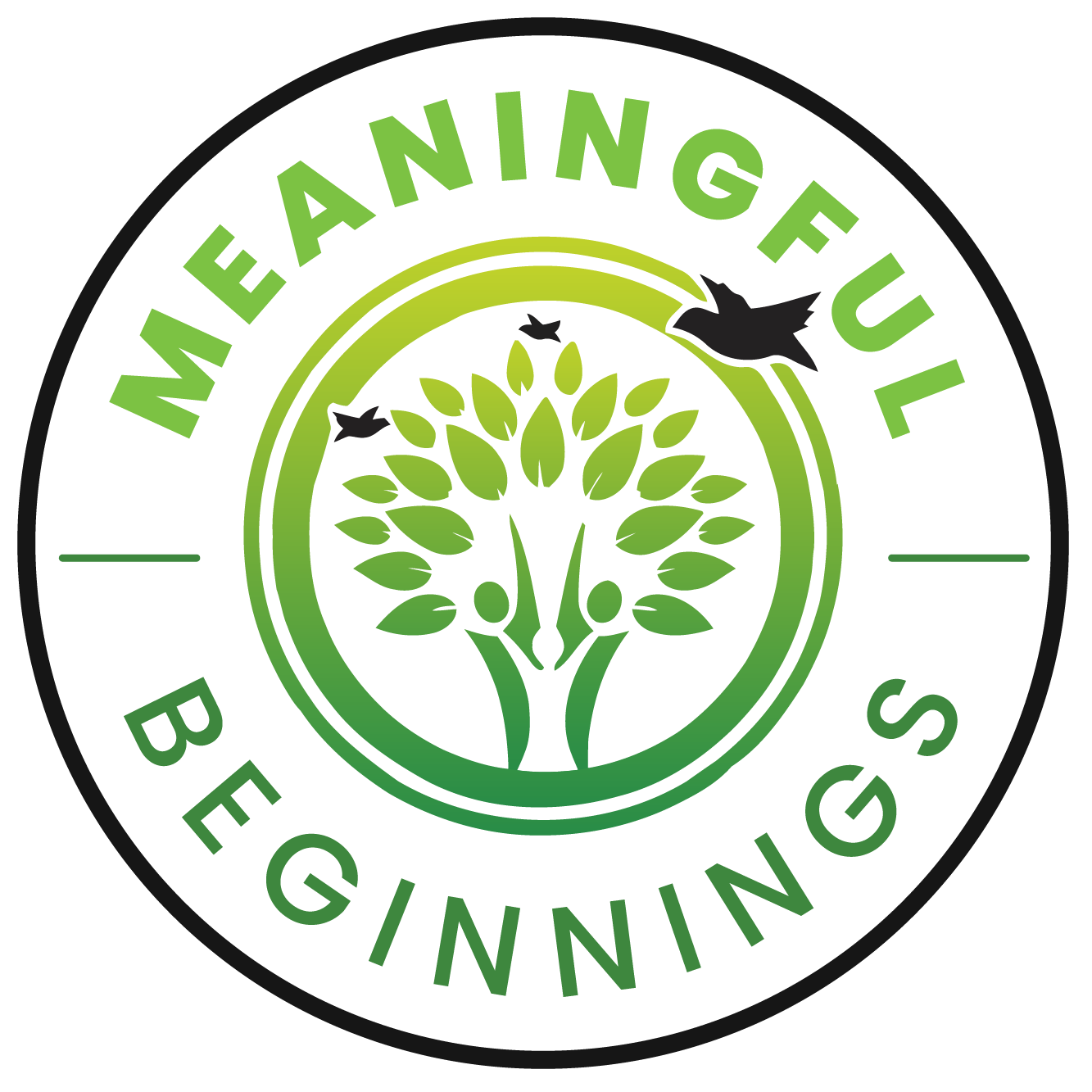Children go through many transitions, and the changes begin right after birth. These transitions are not easy for children, just like for adults. Thus, they need our support and help. Otherwise, young kids often get anxiety and depression. But with the right help, they can enjoy their childhood.
Today we will be showing how you can help with transition periods for your young child.
What Transitions Are Young Children Likely to Experience?
Transition in young children’s lives means any changes from little to big. It can be your infant starting to take her first step to walking or about going to preschool. When starting preschool, toddlers start to stay away from their parents for a long time, and there, they start socializing. All of these things are transitions in children’s lives. For adults, these may seem simple, but for kids, these sudden changes are not easy to accept.
Thus, the parents, caregivers, and all the adults involved in the kid’s life need to work together to support the kid. With the help of adults, they can enjoy their toddlerhood instead of being overwhelmed or depressed.
Help Kids Cope with the Transition Periods

Let’s have a look at how you can help young children cope with their transitions in life.
1. Take Some Preparation
Adults need to prepare before starting to help the kids with their transition period. This is important for parents, preschool teachers, and caregivers.
Prepare some documents about the kid’s favorite things or any medical issues, like allergies to specific foods or others. Also, any particular things or people that soothe the kid if they have any anxiety or stress.
If the toddler is about to go to their preschool or daycare center, take them there before they join. Choose a friendly, nice, and good environment daycare center. Give a visit to the place with the kid to make them familiarize with the new environment.
Collect the emergency contact numbers and who or where to contact. This is most important to prevent any sudden and unwanted situation.
2. Read Books Together
Books can be very helpful to help young children face their transition period. There are many different age-appropriate books. You can find books where that portray those transitions the kid is going to face. You can read the books together so the kid has a pre-idea on that.
Children love to read books with different cartoon characters. This is a good chance you can make them understand about their transition periods. How those characters cope with the situation can give the kid an idea of what to do. By this, they will not be anxious and there won’t be any sudden or new situations for them.
3. Walk Through the Phase Together
Just walk through every step with your kid while they are experiencing any changes in their life. You may move to a new home, change your kid’s school, or about to welcome a new baby or pet to your home. Try not to jump to the changes suddenly.
For example, if the kid is getting new siblings tell them from the beginning. Tell them how fun you all are going to have. You can talk about how you welcomed him/her, how adorable and tiny they were. The same for the new baby too. You need to deal with childish jealousy very carefully.
Moving to a new home can be tough for young children. They get used to the neighborhood and every corner of the home. Same with their old school. But since you can not avoid the changes, tell your kid earlier and support them to understand the matter. Even if the kid is not ready for the change give them time and try to make them understand.
4. Be the Best Friend
Talk about the feelings and emotions of your child. You are the best friend of your child in their toddlerhood. You can ask how the new transition is for the toddler. This is like a bedtime story. If the kid hesitates talking about it share your stories. How you were in your childhood? Slowly the kid will open up too.
5. Keep Up the Routine
Make sure you follow the routine for your kid. If there are any changes, renew the routine a couple of days before and tell the kid what is going to happen. The toddler can be prepared and adapt to the routine.
The best way to make the routine is to get involved with your kid. Let them know what they need to do from the time they wake up until they go to sleep. You can use some positive reinforcement techniques so the kid does all the stuff on time.
6. Find Solutions Together
You can partner with your kids to find solutions for their problems. For example, if they do not like to play with other kids in preschool, ask what the problem is. Again, ask what can make them feel good. Or what else can the kid do that they find more exciting? Instead of pushing the toddler to do something, find solutions together. Try to teach the importance of preschool education.
7. Seek Out Some Fun
Have some activity with your kid to make the situation easy for the kid to adapt to. For instance, kids do not like shifting their home because they will lose their friends in the neighborhood. They become worried about their playing partners. What you can do after moving to a new home is you can have a house party with the neighborhood kids. So your toddler can easily make friends. Or take the kid to the nearby parks and zoos and have a good time together. This further will strengthen your parent-child bonding.
Transition Tips for Infants & Toddlers

Young children can be quite sensitive to change. Although daily changes are sometimes inevitable, here are tips for your infants & toddlers,
- Reduce the number of transitions for the child to lessen stress and create a peaceful environment.
- Help infants and toddlers learn to calm themselves. During transitions, give them comforting items like blankets, stuffed animals, or pacifiers.
- Show extra love and support by giving hugs and comforting words to help the child through difficult transitions.
Transition Tips for Preschool
Preschoolers handle transitions more quickly when they’re given a heads-up. Still, they need proper support and help from their parents and caregivers. For your preschooler, you can follow these tips,
- Inform all caregivers, including childcare, about upcoming transitions with specific details and strategies to help the child prepare.
- Get kids ready for changes by using a calendar or clock to discuss the transition.
- Be prepared for different reactions before and after challenging transitions. Give physical and emotional support and help the child express their feelings.
Verdict
Children are very sensitive to transition periods of their lives and need very warm support. Only then can they grow with proper development. As a parent or caregiver, your responsibility is the first to help your young child. First, prepare yourself with the necessary stuff and make a plan for how you can deal with the situation. Next, be the best friend of your child and share their thoughts. Value their emotions and be always there for them. By doing all these things, your parenthood and your child’s childhood will be enjoyable.








